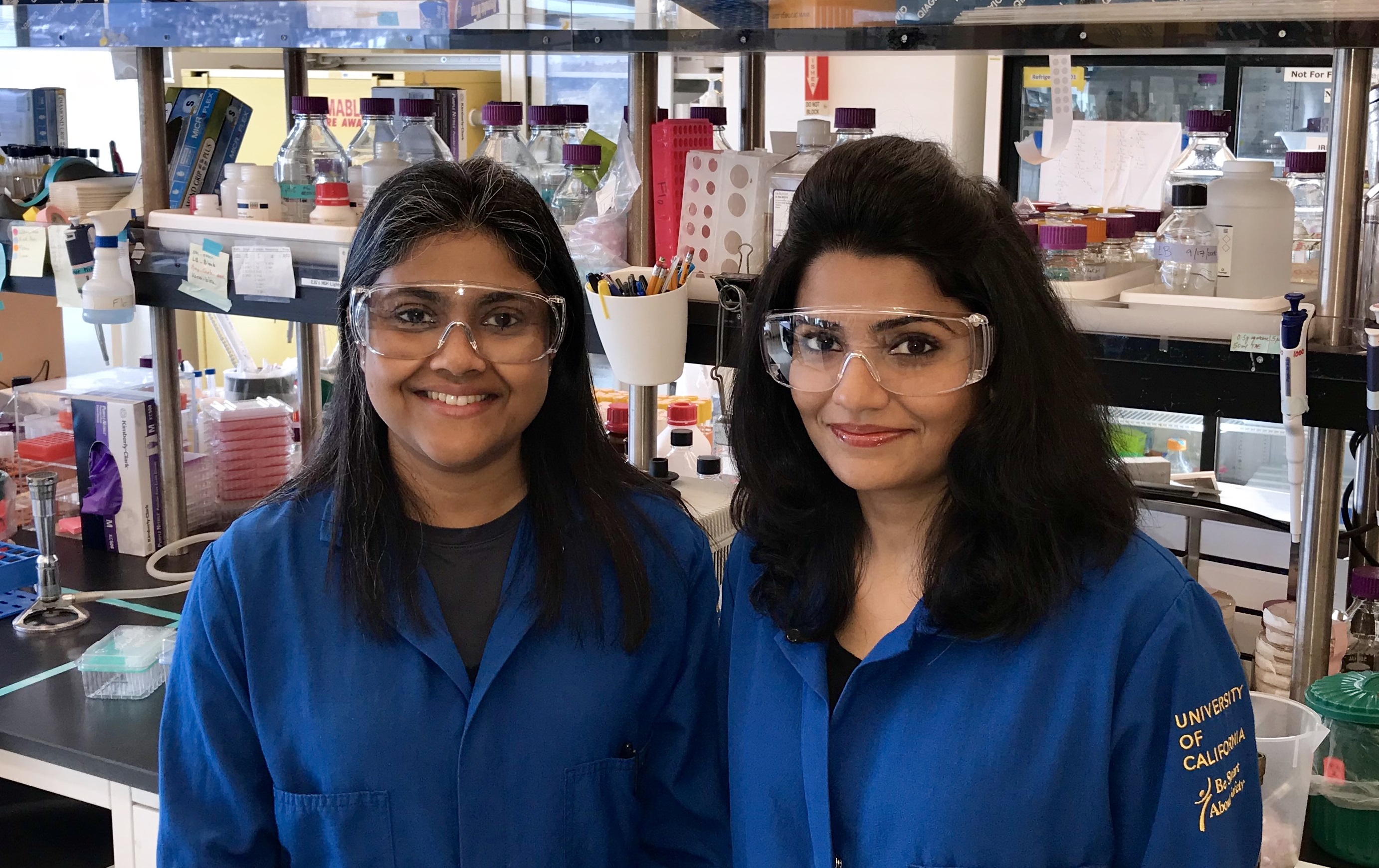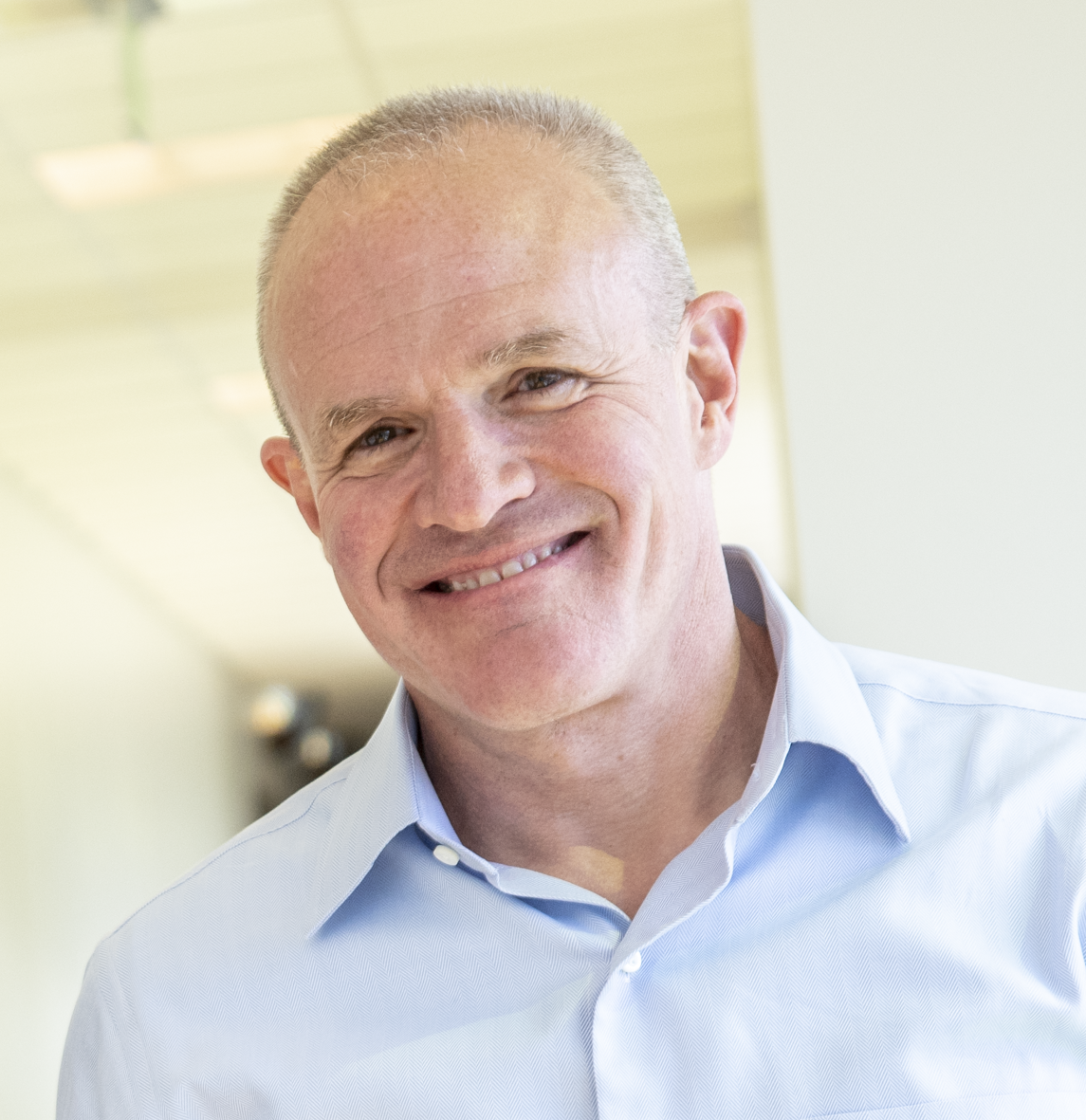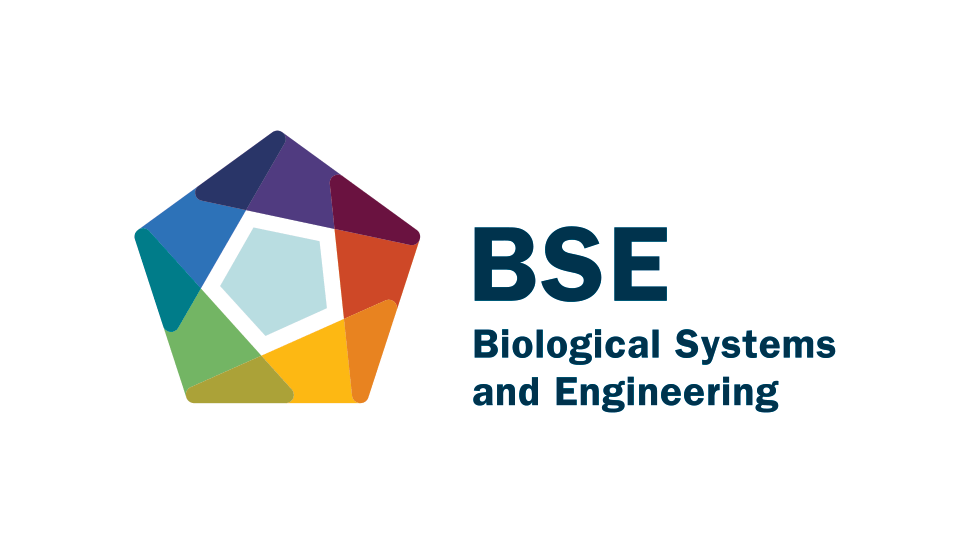
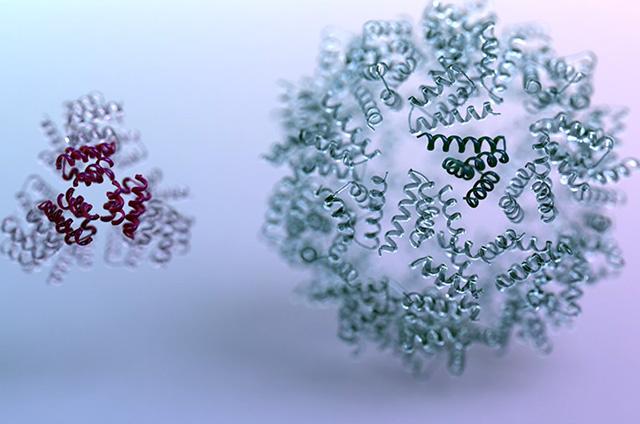

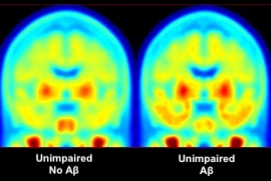
-
Bright Skies for Plant-Based Jet Fuels
With an estimated daily fuel demand of more than 5 million barrels per day, the global aviation sector is incredibly energy-intensive and almost entirely reliant on petroleum-based fuels. Unlike other energy sectors such as ground transportation or residential and commercial buildings, the aviation industry can’t easily shift to renewable energy sources using existing technologies. However, a new analysis by scientists affiliated with Berkeley Lab’s Biosciences and the Energy Technologies Areas shows that sustainable plant-based bio-jet fuels could provide a competitive alternative to conventional petroleum fuels if current development and scale-up initiatives continue to push ahead successfully.
Read the article -
New Computational Biosciences Group Formed
Researchers from Biosciences and the Computational Research Division (CRD) have formed a new integrated Computational Biosciences Group to develop tools for addressing a range of scientific problems that cross organizational lines. Members of the group include (pictured, from left): Héctor García Martin of the Biological Systems and Engineering and the Environmental Genomics and Systems Biology Divisions (BSE/EGSB), acting group lead Kris Bouchard (BSE), Chris Mungall (EGSB), Andrew Tritt of the Computational Research Division(CRD), Oliver Rübel (CRD), and Ben Brown (EGSB). Additional members not pictured are: Aydın Buluç (CRD), Silvia Crivelli (CRD), Hans Johansen (CRD), Talita Perciano (CRD), and Peter Zwart of the…
Read the article -
Using Tiny Organisms to Unlock Big Environmental Mysteries
Biosciences Area researchers have developed a new DNA analysis technique that reveals a very interesting, and previously hard-to-study, aspect of a microbial community’s genome. As described in the journal mBio, a team led by Aindrila Mukhopadhyay of the Biological Systems and Engineering (BSE) Division has optimized existing methods to isolate plasmids—the small packages of DNA that enable microorganisms like bacteria to quickly acquire and share genes. Often, these DNA molecules, which are separate from the chromosomes, encode functions that can confer a survival advantage in certain situations. The work was conducted as part of ENIGMA, in collaboration with groups at…
Read the article -
Brewing Up Cannabinoids in Yeast
Jay Keasling, a professor in the departments of bioengineering and of chemical and biomolecular engineering at UC Berkeley who also holds a senior faculty scientist position at Berkeley Lab, led a team that genetically modified brewer’s yeast (Saccharomyces cerevisiae) to produce cannabinoids via biosynthesis. The authors introduced cannabis genes into the yeast’s metabolic pathways to produce cannabinoid precursor molecules, such as olivetolic acid, from the simple sugar galactose. From olivetolic acid, the yeast was able to produce the key cannabinoid cannabigerolic acid (CBGA), which could in turn be used to produce Δ9-tetrahydrocannabinolic acid (THCA) and cannabidiolic acid (CBDA).
Read the article -
ABPDU’s Todd Pray to Head Strategic Partnership Office
Todd Pray, Program Head of the Advanced Biofuels & Bioproducts Process Development Unit (ABPDU), has accepted the position of Head of Berkeley Lab’s Strategic Partnership Office effective March 1, 2019.
Read the article


